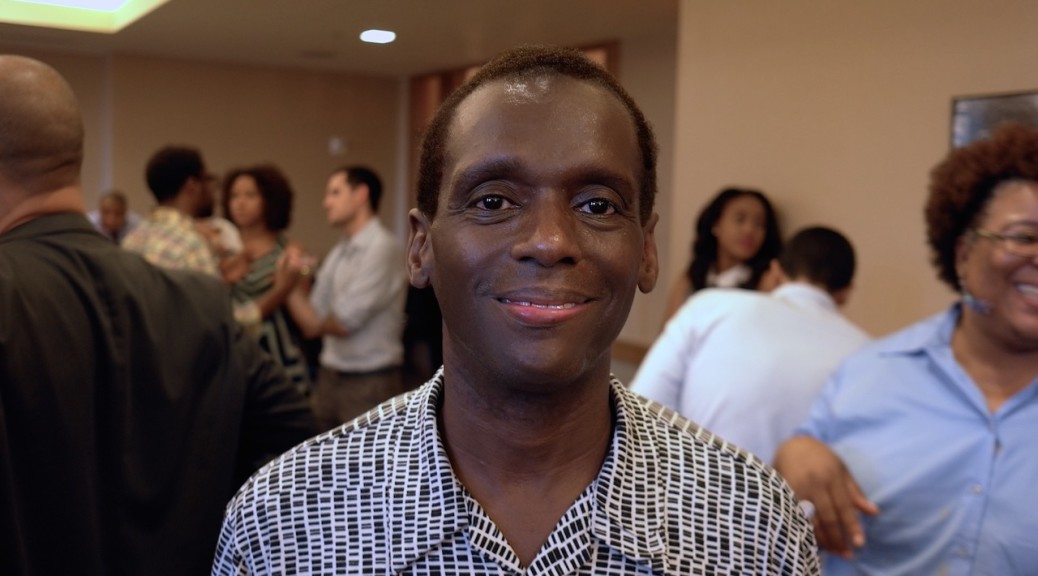MARCELLUS BLOUNT
Associate Professor of English and Comparative Literature
Being involved in feminist issues at Columbia shaped my work in the way that’s probably the most profound, in a sense that my training had been very masculinist. Through sharing work with Susan [Winnett], or the mentorship with Carolyn [Heilbrun], and then getting involved in the work that Jean Howard and Martha Howell were beginning to do, and others certainly, I thought: why, in African American literary studies, aren’t we attending more to questions of how women might be writing differently, in terms of the construction of a racial subject? That was very important to me and it came from my association with people at Columbia. It wasn’t a part of my training as a scholar. I donated a lot of time to the politics of the institutionalization of feminist concerns at Columbia, but it helped to shape me as a scholar, so it was time that was really well spent.
The vision of feminism was far more heterogeneous than it had been at other institutions where these programs had developed earlier on. In that sense intellectually, theoretically there was a space for me, but also in terms of identity politics it made sense that African American Studies and women’s studies had a shared history, a shared institutional history. Just as some of these people had been very helpful to me in lobbying for African American studies, I felt that I wanted to be helpful to them.

